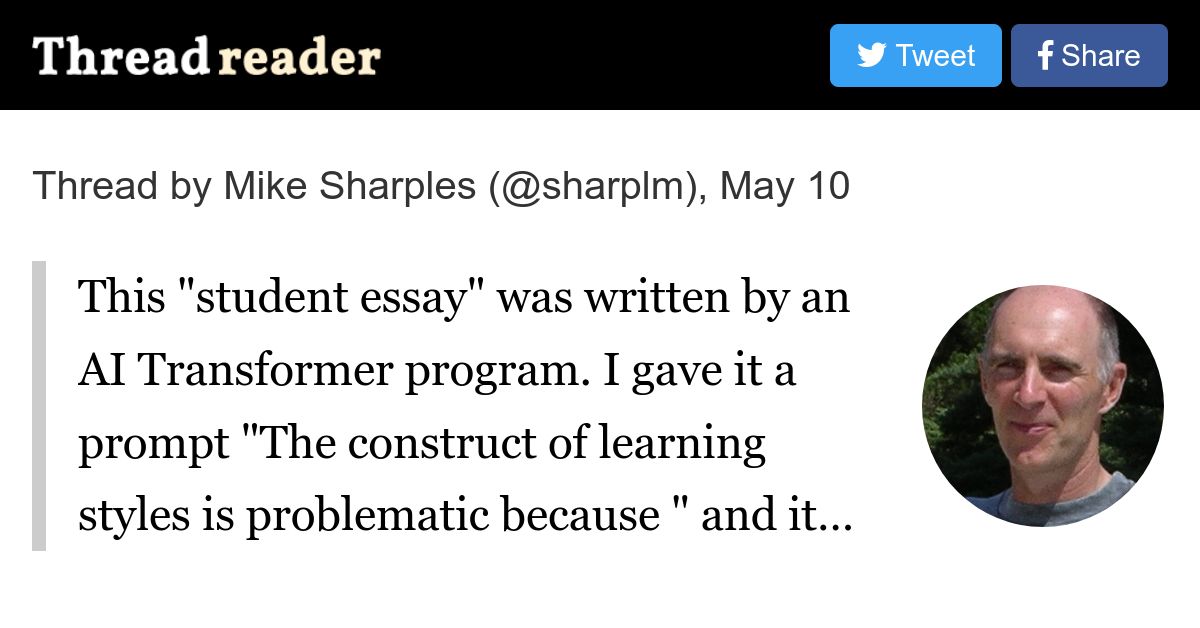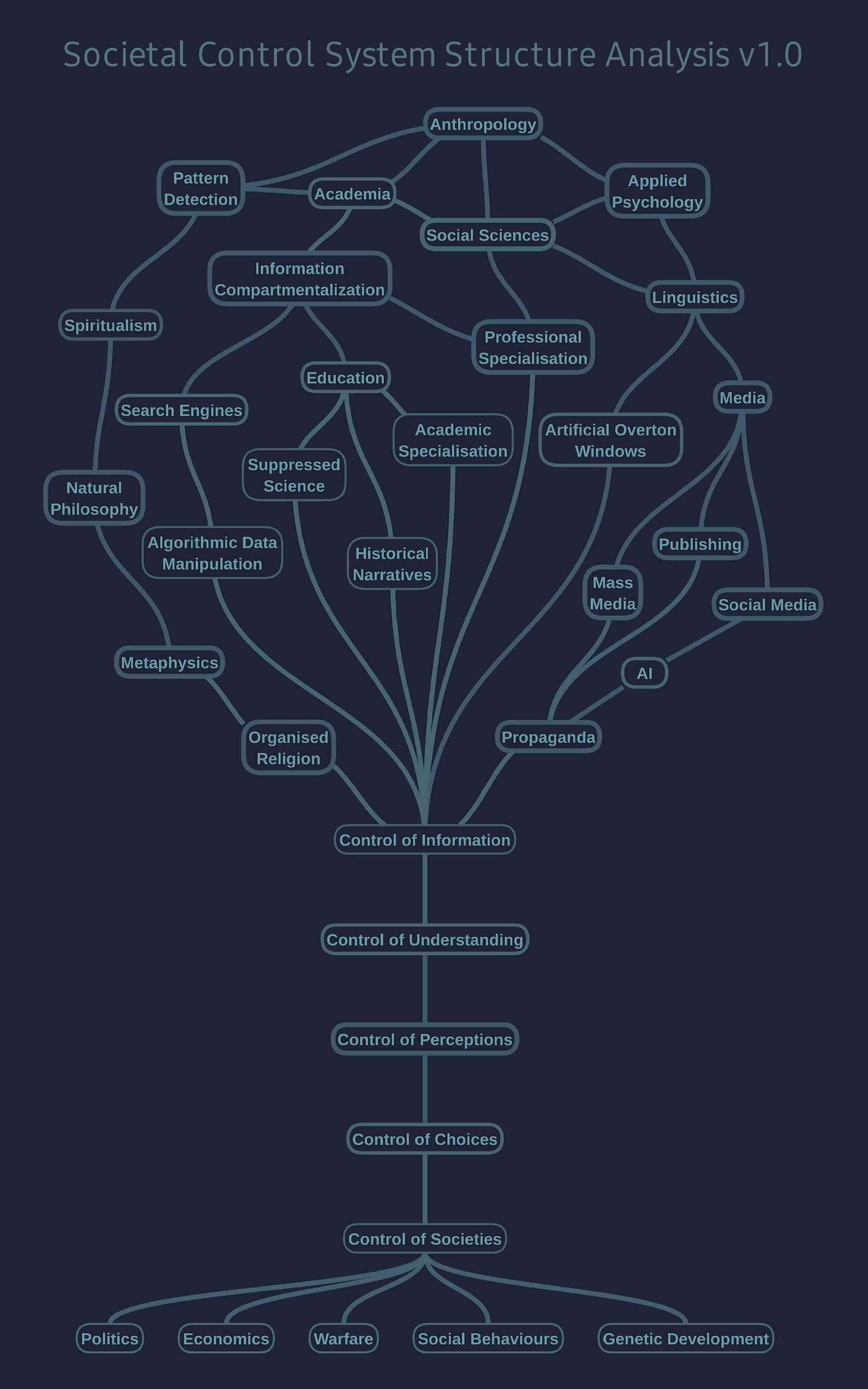On education, basic vs. advanced skills, certification, and corporate education
An HN comment asks of the history of corporate-controlled specific skills and credentialing training, following a new Google proposal.
Short answer: Yes, highly-focused skills-centric but narrow education has a long history.
Longer answer:
It's useful to keep in mind the (usually) unstated goals of educational systems:
Produce a technically-skilled, but politically pliable, working class.
Produce a managerially competent, but not revolutionary, management and professional class.
Persist existing power structures, whatever their form; political, cultural, corporate, religious, technical, epistemic.
The fundamental division in education has long been between liberal education and technical education, and can be traced to the emergence of the modern university in the 11th century (Bologna, 1088, Oxford, 1096), if not to the Romans and Greeks distinguishing the ars liberalis, and artes mechanicae, the latter also called the "servile" or "mechanical" arts. This later expands to basic literacy skills ("'readin', 'ritin', and 'rithmetic", the "three Rs"), and basic skills vs. higher-order thinking skills, on which there is much long-standing debate and contention.
Expansion and reform were limited by numerous factors, including a monopoly by law in England establishing Cambridge and Oxford as England's only permitted universities until 1827. (https://www.historytoday.com/miscellanies/medieval-university-monopoly)
In the industrial era, Prussian and Humboldtian education reforms instituted universal compulsory scientific and technical (rather than religious) education, largely at state expense, from Kindergarten, and including a university system for advanced education. With increasing demand for basically literate workers under factory and clerical work as well as technically-skilled workers in heavy industry, chemical, agricultural, transport, communications, information, government, and military sectors, the basic outlines of this system were widely adopted in industrialised countries through the 19th and 20th centuries.
The first technical, polytechnic, and engineering universities emerged in the 19th century. M.I.T. as a leading exemplar, though not the first, was founded in 1861. It was preceded by others, with Rensselaer Polytechnic Institute (RPI) possibly the earliest in 1821. Notably, technical schools were among the first to offer specifically-focused courses of study, persisting to this day in the numbered M.I.T. catologue, where lower-numbered offerings are generally more fundamental and earliest-established, modulo some subsequent subdivision.
Major expansions occurred through and following major wars, including the US Civil Way (founding of M.I.T.), and the first and second World Wars, as well as the post-war / Cold War era, notably Vannevar Bush's "Science, The Endless Frontier" (https://nsf.gov/od/lpa/nsf50/vbush1945.htm)
The Academic Major system began emerging in the early 19th century, though it would not really reach recognisable form (or be named) until after 1875. It replaced a general liberal education university system without formal major emphasis.
The post-1960 public research university is exemplified through projects such as the California Master Plan for Higher Education, 1960, strongly driven by governor Pat Brown and University of California president Clark Kerr. That effort was itself a reaction to an earlier technological monopoly, that of the railroads. Similar expansions occurred elsewhere, see the Robbins Report (1963) for the UK, or a set of Chinese initiatives since the 1990s: the Double First Class University Plan, Project 211, Project 985, and the C9 League.
In the US (and strongly similarly in much of the industrialised world), a de facto if not explicit hierarchy of prestigious highly-selective top-tier universities (largely private though with some public institutions), other highly selective schools (many state university systems). These are followed by less selective institutions, many formerly state colleges, "normal schools" (teachers' colleges), and numerous smaller private schools, and some polytechnics and ag & tech schools. Community colleges ("junior colleges") may feed 4-year programmes or directly train workforce, and are generally not selective (all applicants are accepted). Public and private vocational schools, as well as company-specific credentialing programmes (CCIE, RHCE, MCSA, OCP, Java SE, etc.) provide a range of skills training and certification, some basic, some advanced technical, some continuing professional education.
The various roles of education as teaching basic skills, higher skills, and cultural indoctrination, were commented on by John Stuart Mill ~1860s Britain, as noted by Hans Jensen, subject to various forms of control and coercion, largely via funding or lack thereof:
First, the universities were given the task of providing an unceasing supply of ideologically correct candidates for vital positions in government, church, and business. The state was able to make the faculties of the "venerable institutions" of higher education, or rather indoctrination, assume this duty because it controlled appointments and held the purse from which "emoluments" flowed into the coffers of academics....
The state devised a second educational strategy in order to prevent such a calamity from occurring. According to Mill, the "elementary schools for children of the working classes" were given the task of ensuring that the poor would continue to accept docilely their dismal station in life. It was very easy for the state to force the public schools to assume this role. It did so simply by failing malignantly to allocate sufficient funds for the operations of what Mill identified contemptuously as "places called schools"...
-- Hans E. Jensen, "John Stuart Mill's Theories of Wealth and Income Distribution". Review of Social Economy. Pages 491-507. Published online: 05 Nov 2010. (http://www.tandfonline.com/doi/abs/10.1080/00346760110081599)
(A more complete cite and discussion here: https://old.reddit.com/r/dredmorbius/comments/6x7u6a/on_the_role_of_universities_and_primary_education/)
A list of Wikipedia articles addressing most parts of this history and development: List of oldest universities in continuous operation, Liberal arts education, Artes mechanicae, Vocational education, Basic skills, The three Rs, Higher-order thinking, Standards-based education reform in the United States, Prussian education system, Humboldtian model of higher education, Institute of technology#United States, Massachusetts Institute of Technology, Rensselaer Polytechnic Institute, Land-grant university, Vannevar Bush, Academic major, California Master Plan for Higher Education, Robbins Report, Double First Class University Plan, Professional certification.
#education #academia #skills #LiberalArts #MechanicalArts #Certification #Google #colleges #universities



